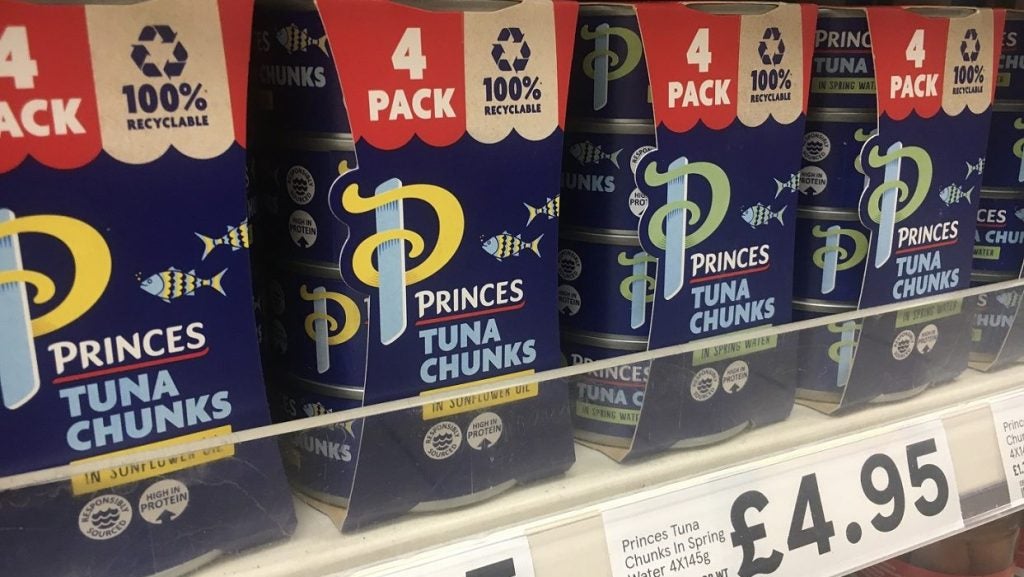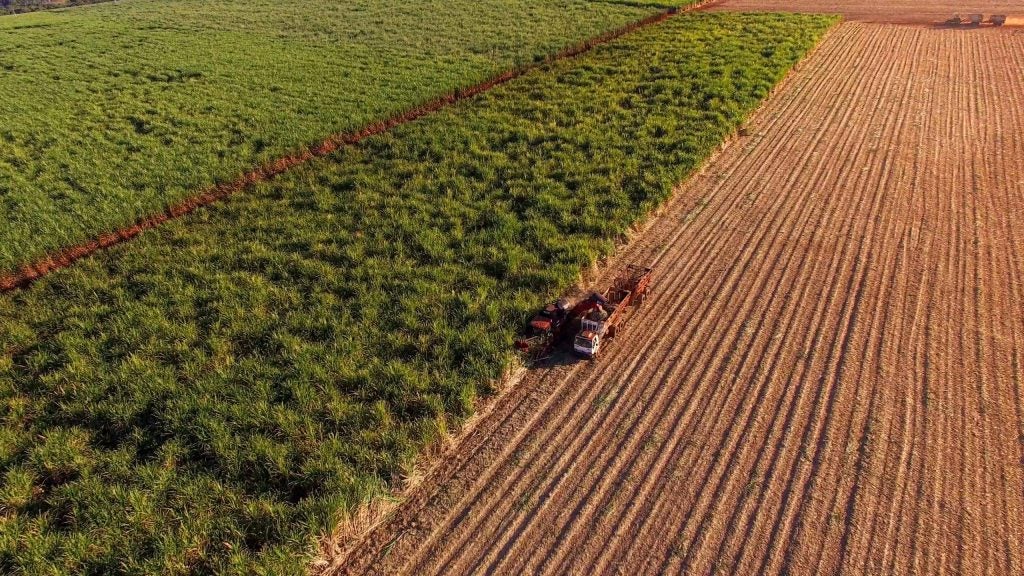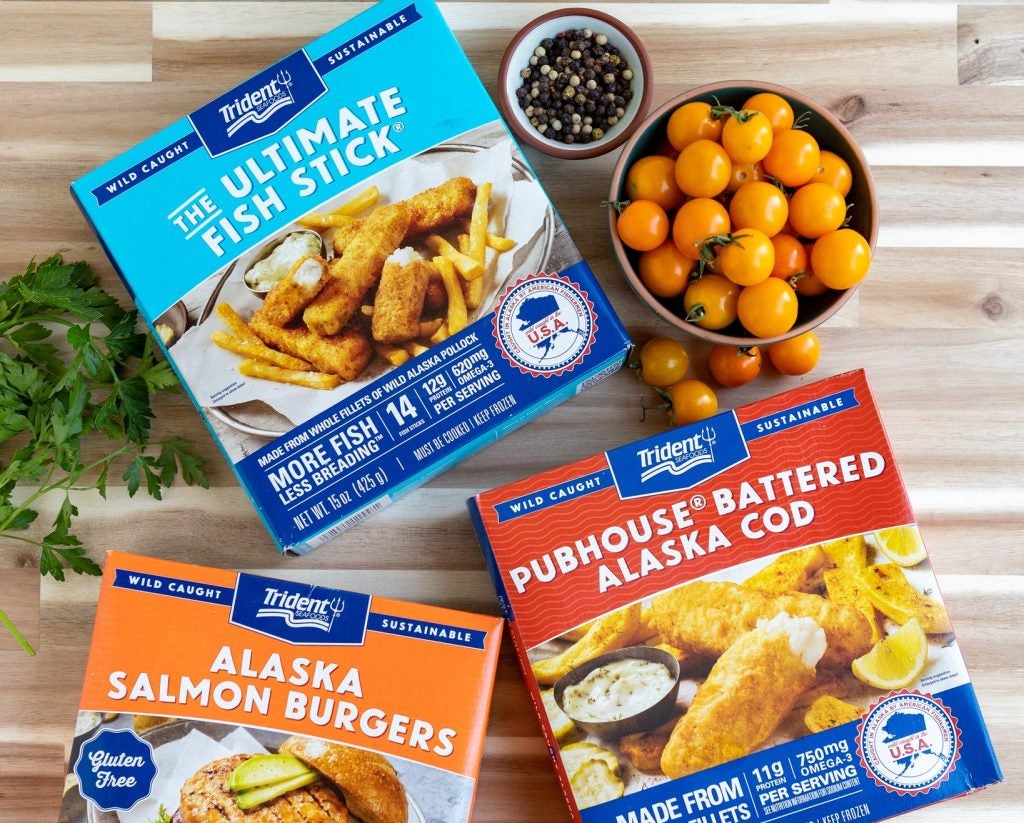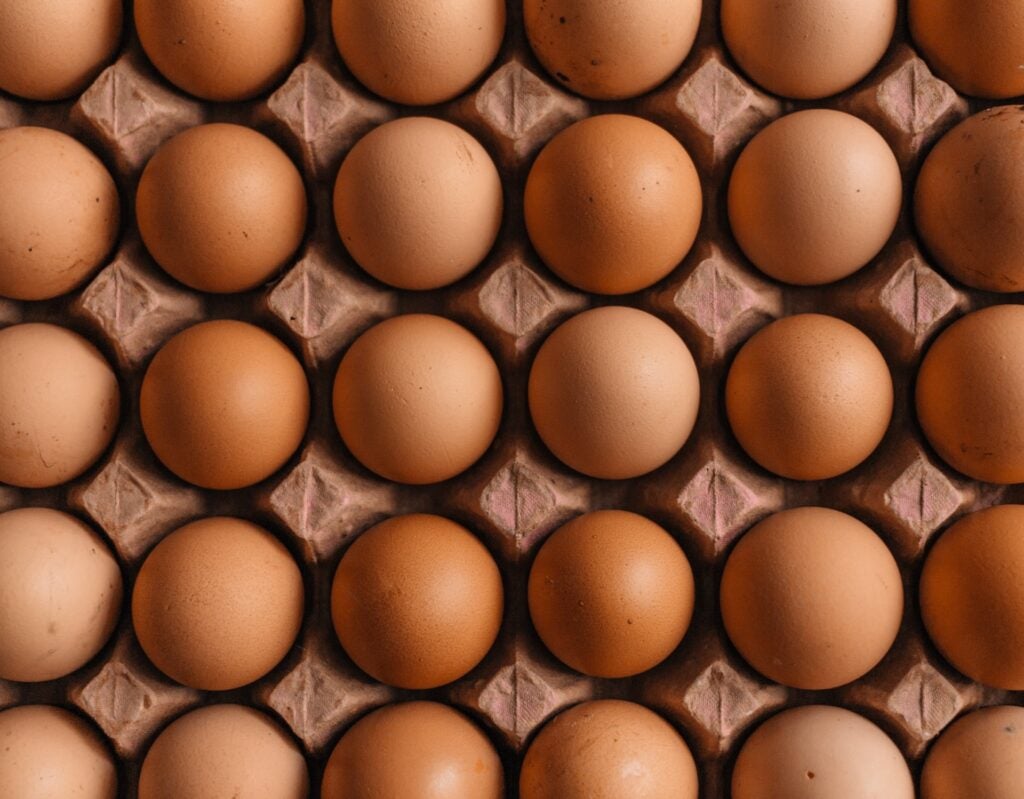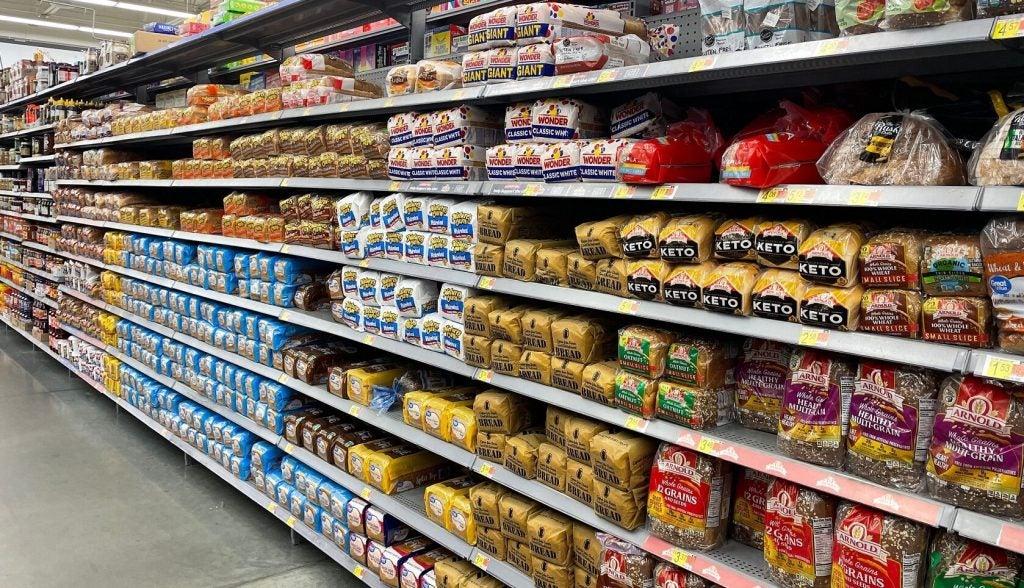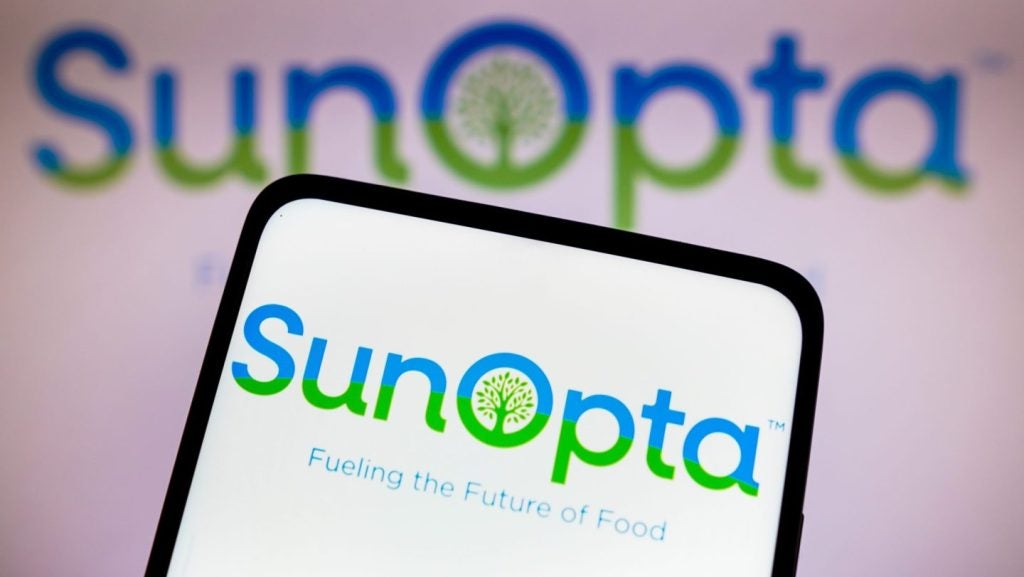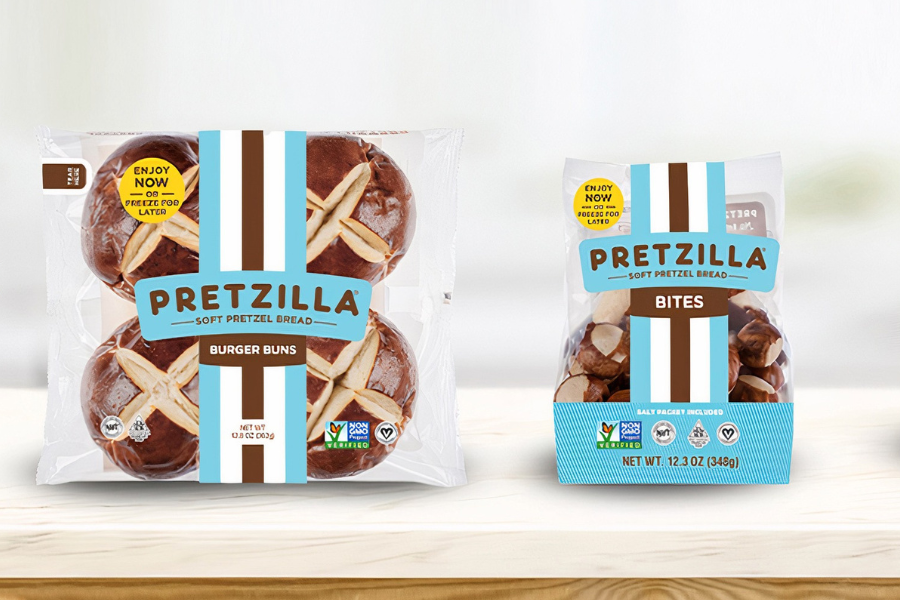Newlat, the Italy-based food manufacturer, today (12 December) revealed it is in “very advanced” talks to buy Princes, the UK food-and-drinks supplier.
In a brief statement, Newlat, which already owns UK food manufacturer Symington’s, confirmed it was involved in the race to buy Princes from Japan-based conglomerate Mitsubishi Corp.
“Newlat Food S.p.A. confirms its participation in the competitive process for the sale of the historic English food group Princes Limited,” the statement read. “The company also confirms that the negotiation is currently in a very advanced stage.”
The bakery, dairy and pasta supplier’s statement came in the wake of a Sky News report yesterday that said Newlat was one of two remaining bidders for Princes, alongside UK-based private-equity firm Epiris.
In September, the news channel also named Newlat and Epiris as among the prospective buyers of Princes, along with financial investors Lone Star Funds, Aurelius and One Rock Capital. On Friday, Sky News reported the group had been whittled down to two, noting it was ‘unclear’ when a deal might be finalised nor whether Newlat or Epiris are willing to pay the speculated asking price of £400m ($502.6m).
In January, financial-markets news publication Debtwire said Mitsubishi had appointed M&A advisers at Houlihan Lokey to handle a sale process.
Approached by Just Food at the time, a spokesperson for Mitsubishi said “no decision” had been made on Princes. Asked if Mitsubishi had hired bankers to oversee a potential sale, the spokesperson declined to comment. Referring to Mitsubishi as a whole, he added: “We are always looking to seek opportunities to grow the company.”
Just Food has contacted Princes for comment today.
Mitsubishi acquired Liverpool-based Princes in 1989. At that time, Princes focused on the import and distribution of shelf-stable food. The company’s product range now also includes edible oils and beverages.
In the year to 31 March 2022, Princes generated revenue of £1.44bn ($1.76bn), down 8% on the previous 12 months. Princes said it was lapping “an exceptional increase” in revenue booked the year earlier when Covid-19 boosted demand.
Operating profit stood at £37.4m, versus £47.5m the year before. Profit for the year attributable to the owners of the company halved, falling from £34.8m to £17.2m. Princes pointed to lower sales volumes, higher tax expenses and a boost to the previous year’s profits from an asset sale.
Princes has two food factories and three beverage production sites in the UK. The company also has a tomato-processing facility in Italy and a tuna-processing site in Mauritius. During the year to the end of March 2022, the company employed, on average, 6,977 full-time staff.
Among Princes’ assets are shares in Edible Oils, a UK-based supplier of bottled edible oils. Princes co-owns the business through a joint venture with agri-food group ADM. Edible Oils has three production facilities.
In June, Newlat said it was considering snapping up another business in the UK.
The company disclosed its potential interest in another deal in a stock-exchange filing detailing new investment in its business.
In the filing, Newlat said the deal was part of its efforts to support its “external growth strategy”, which includes M&A.
The company added: “Newlat Food is currently engaged in evaluating various potential acquisitions, including that of a leading UK company with a turnover of over £1bn.”
In today’s statement, Newlat said its “chairman Angelo Mastrolia and the entire management team are committed to seizing a great strategic opportunity capable of creating value for all stakeholders of the group”.


